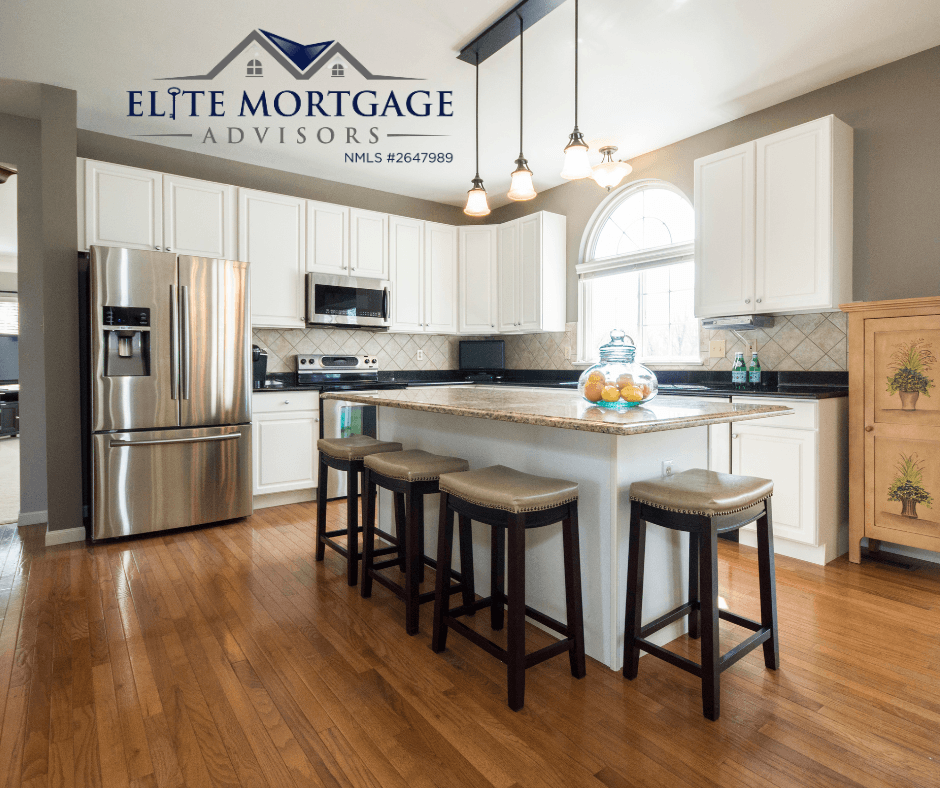Navigating Your Options: Should You Buy or Rent Your Next Home?
Deciding between buying or renting can feel like a tricky maze. But with the right info, you can confidently choose what fits your needs and budget best.

When it comes to finding your next home, the decision between buying and renting can feel overwhelming. Both options have their unique advantages, and understanding them can help you make a choice that aligns with your personal situation and goals. So, let’s explore the ins and outs of buying versus renting and help you navigate your options to see what fits best for you.
Buying a home is often seen as a significant milestone. It offers a sense of stability and the opportunity to build equity over time. When you invest in a home, you’re not just paying for a roof over your head; you’re also investing in a property that can grow in value. This means that as property values increase, so can your investment. Homeownership can provide a sense of pride and belonging that many people cherish.
But buying a home isn’t just about the financial aspects. It also comes with responsibilities. Homeowners are in charge of maintenance, repairs, and property taxes. This can sometimes be a daunting task, especially if you’re not handy or are new to home upkeep. Additionally, the buying process can be complex, involving everything from securing a mortgage to navigating closing costs.
On the other hand, renting offers its own set of benefits. For many people, renting provides flexibility that can be incredibly appealing. If you’re not ready to settle down in one location or if you anticipate changes in your job or family situation, renting allows you to move more freely. Leases typically last for a year, which means you can reassess your living situation more frequently than if you were tied to a mortgage.
Another advantage of renting is that most maintenance and repairs are taken care of by the landlord. This can relieve a lot of stress since you won’t have to worry about unexpected expenses like a leaky roof or a broken furnace. For those who want to focus more on their lives and careers than home upkeep, renting can be a practical choice.
However, it’s important to consider the long-term implications of renting. While it may seem cheaper in the short term, it can also mean that you’re not building equity in a property. Every rent payment goes to the landlord rather than contributing to your own asset. Over time, the money spent on rent can add up significantly, leading to the realization that homeownership might have been a more financially sound decision.
One key factor to consider when weighing your options is your financial situation. Are you in a position to make a down payment? Do you have a steady income that would support monthly mortgage payments? If you’re unsure about the answers to these questions, it may be beneficial to sit down with a knowledgeable mortgage loan officer who can help you assess your finances and guide you through the process.
Another consideration is your lifestyle. Do you enjoy the freedom to move around? Or do you prefer the stability of having a permanent place to call home? Think about your current and future plans. If you see yourself staying in an area for several years, buying could be a wise investment. However, if there’s a chance you may want to relocate soon, renting might be the better option.
Additionally, consider the housing market in your desired area. In some locations, home prices may be rising rapidly, making it a great time to buy before prices increase further. In other areas, the rental market might be more appealing due to lower rental prices or the availability of desirable locations. Understanding the market can empower you to make a more informed decision.
It’s also wise to think about your personal preferences when it comes to home and community. Are you looking for a suburban oasis with a yard or the excitement of city living? Your choice of buying versus renting can impact where you live and the lifestyle you lead. Homeownership may provide you with a larger space, while renting might offer access to amenities like pools or fitness centers.
If you’re leaning toward buying, it might be helpful to start by creating a budget. This will give you a clear picture of what you can afford each month, including mortgage payments, taxes, insurance, and maintenance costs. A mortgage loan officer can help you understand your options and find a loan that meets your needs.
If renting is more appealing, consider what you want in a rental property. Think about the size, location, and features that are important to you. Do you want a pet-friendly place? Is proximity to work or school a priority? Make a list of your must-haves to streamline your search.
As you navigate this decision, remember that timing can also play a role. If you’re ready to buy, timing your purchase according to market conditions can maximize your investment. If you’re unsure, it may be worth spending some time renting while you figure out what you truly want.
Ultimately, the choice between buying and renting comes down to your individual circumstances and preferences. No one-size-fits-all answer exists, and it’s perfectly okay to take your time in making this important decision.
If you’re feeling uncertain or overwhelmed, it’s a great idea to reach out to a mortgage loan officer who can provide tailored guidance based on your unique situation. They can help you understand your options, navigate through the buying or renting process, and set you on the path to achieving your housing goals. Don’t hesitate to take that first step in exploring what works best for you. Reach out today!